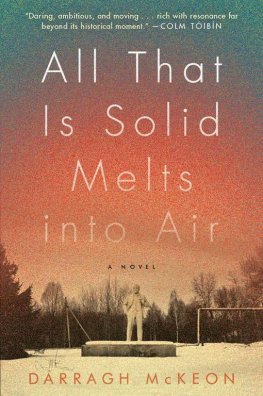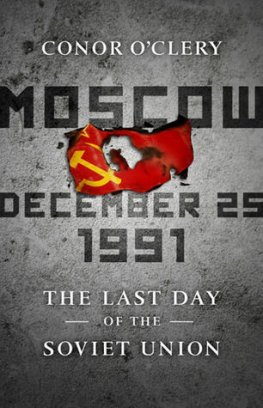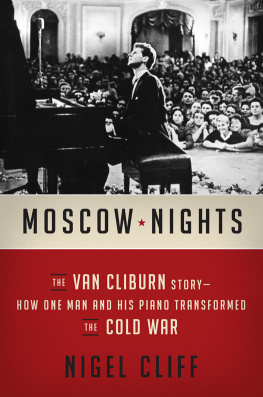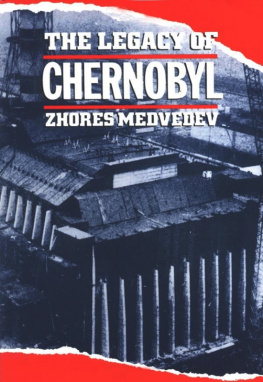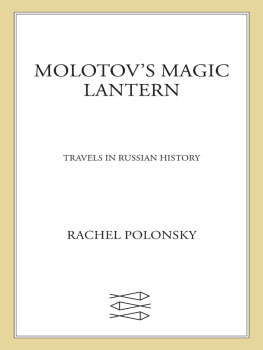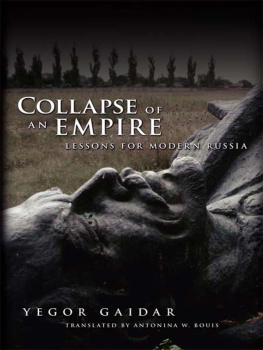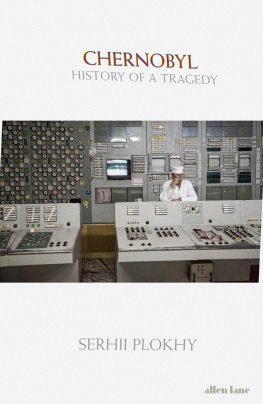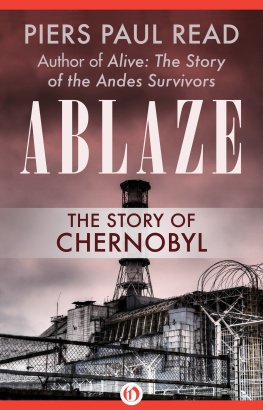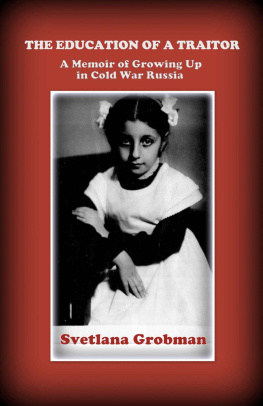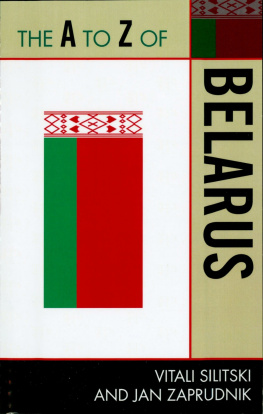Darragh McKeon
ALL THAT IS SOLID MELTS INTO AIR
For Flora
In memory of my mother
All that is solid melts into air, all that is holy is profaned, and man is at last compelled to face with sober senses, his real conditions of life, and his relations with his kind.
KARL MARX,
The Communist ManifestoTo my mind radioactivity is a real disease of matter. Moreover it is a contagious disease. It spreads. You bring those debased and crumbling atoms near others and those too presently catch the trick of swinging themselves out of coherent existence. It is in matter exactly what the decay of our old culture is in society, a loss of traditions and distinctions and assured reactions.
H. G. WELLS,
Tono-Bungay
He comes to her daily, slipping into her mind between breaths. She draws him in as she draws in air, pedalling along the Quai de Valmy, as she draws in her new surroundings; the glow of a Paris summer, the jigsaw of shadows thrown across her forearms when she sweeps beneath a canopy of poplars.
She can never say what it is that triggers a recollection, they come into being in such stealthy ways. Perhaps there was something of Grigory in the man with the cigarette at the lock just passed, a familiarity in the way this stranger brought a flaring match to his face. But then the breadth of their marriage contains a corresponding moment for any of the thousands of minute actions that surround her.
His image is lost to her now, belonging solely to the photographs he inhabits. She can no longer see him in resemblance, but only in the motions of others, so that when she chains her bicycle to the railings by the canal and steps toward the caf terrace, he is echoed in the man who looks toward her: not through the dark Gallic features, but in the nod of the head, the opening of the long, deft fingers, the downturn of the eyes.
These are the small consolations that death offers. Her husband still turning the key to an undiscovered chamber of her heart.
When Yevgeni closes his eyes, the world comes in.
The world rattling and banging, whispers and footfalls, the hiss of trains, the bleep and slide of doors, announcements on the P.A. system cracked and frail and distant, people saying Excuse me, or, less polite, Out of my way, Move in. Sound in tides. The train comes, the crowd boards, the train goes, nearer silence now, new people striding down the platform, the train arriving again. Escalators relentlessly creaking, jumping in pitch, constant in rhythm.
A clasp unhooks on a bag, resonating timidly.
He can make out all the individual noises, this is the easy part, a recognition game. But Yevgeni can also block out all associations, can bathe only in pure sound, the patterns it weaves down here. This is the childs special gift, although he doesnt know it yethow can he, nine years old.
Yevgenis head is tilted back, hes standing ramrod straight, arms by his side, an unlikely statue in the centre of the concourse.
He opens his eyes to see a parachute jumper shooting towards him face first, his chute rippling behind him, caught in the last few seconds before the cloth would unfurl hard and taut and the man would be yanked by his shoulders right way up and float silently in the clouds, abandoned to the whims of the wind. Yevgeni can hear this too, block out all the noise around him and listen to the bulging drone of the passing plane, to the darting air currents, the sound of the mans fall, sound stretched in time and air and speed.
He is in Mayakovskaya station, gazing at the oval mosaics overhead, each one forming a part of the overarching theme: A Day of the Soviet Sky. Yevgeni doesnt know the scenes have a title and it doesnt matter. He can just stand and look and let imagination fill in the rest. Down here there is no music, only noise, pure sound, the passing plane has no orchestral sweep, the man has no sonata accompanying him to his destiny. Down here Yevgeni is free to put together melodies from all that surrounds him, the tumbling effluvia of daily life. There are no crotchets and quavers down here. There are no staff lines and indicators of volume: forte, pianissimo. There is just sound, in the fullness of its natural expression.
Smack.
A raw stinging in his ear. A shrill industrial note, the same one the TV makes when programming is finished for the evening.
Yevgeni knows what to expect before he even looks.
Two kids from school, a couple of years older than him. Ivan Egorov and his friend Aleksandr. Everyone calls him Lazy Alek, he has a lazy eye. There are a thousand jokes about Alek. Why was Alek late for school? His eye wouldnt get out of bed. Alek gets this all the time, but not when Ivan is around. Nobody messes with Ivan.
Alek speaks to Ivan. My mother says why cant you be like that other boy, play an instrument, like that Tchaikovsky boy. Thats what she calls him, the Tchaikovsky boy.
Tchaikovsky. I know that name. Tell me again how I know that name.
The ballet. Swan Lake.
Thats right, Swan Lake. Theres another one, though, whats the other one?
Theyre having the conversation for him but not to him, like Yevgeni just happened to sidle along as they were talking. Yevgeni thinks about running, it might be the best way out. But he isnt afraid to fight. These kids could kick the hell out of him, no question, but hell stand and fight. He just wishes theyd get on with it. People wandering by, no idea of Yevgenis situation. No way he can ask for help, that would mean an extended beating; other kids would hear about it and join the fun. Not here, but later. Nothing is more certain.
What other one?
The other one.
I cant remember.
Hey, Tchaikovsky, whats the other one youre famous for?
A sigh. Here we go.
The Nutcracker.
Ivan fakes a punch to the groin and Yevgeni flinches. Basic mistake.
I hear you have two mothers. You need a lot of looking after or what? You get a scrape, one blows, one kisses, this is what I hear.
One blows? I hear they both blow.
Alek always has his head tilted to the side, compensating for the eye. It makes him look like a chicken. Flipping his head from one side to the other. Yevgeni wants to slap it back to straight.
Show us your hands, maestro. Ivan says this. Ivan once beat a boy four classes ahead of them, no small fry either, a full fight, caught him hard on the windpipe, even the teachers watched it.
Yevgeni clasps his hands against his back and Alek slinks behind, digs into Yevgenis wrist, separating the hands, displaying one of them to Ivan. They have to be careful how they handle this: maximum pain, minimum attention.
Ivan grabs the fourth finger of the right hand, cranking it slowly back towards the elbow.
I hear he wears a bow tie. You hear this?
I hear this.
He moves left, steps tight to one of the arches, using Yevgenis body to shield the action. Yevgeni is forced to perform an incremental twist, elbow following shoulderan agonized version of the twirl he sees his mother do when she dances, the few times hes seen her danceuntil he rounds to face Ivan.
The older boy changes his grip, considers the punishment. Breakage is not out of the question. Yevgeni knows this, Ivan knows this. Testing the flexibility of the joint. Testing the will of Yevgeni.
So wheres your papa when your two mamas are home?
He died in Afghanistan.
A pause. Ivan looks at him, sees him for the first time.

